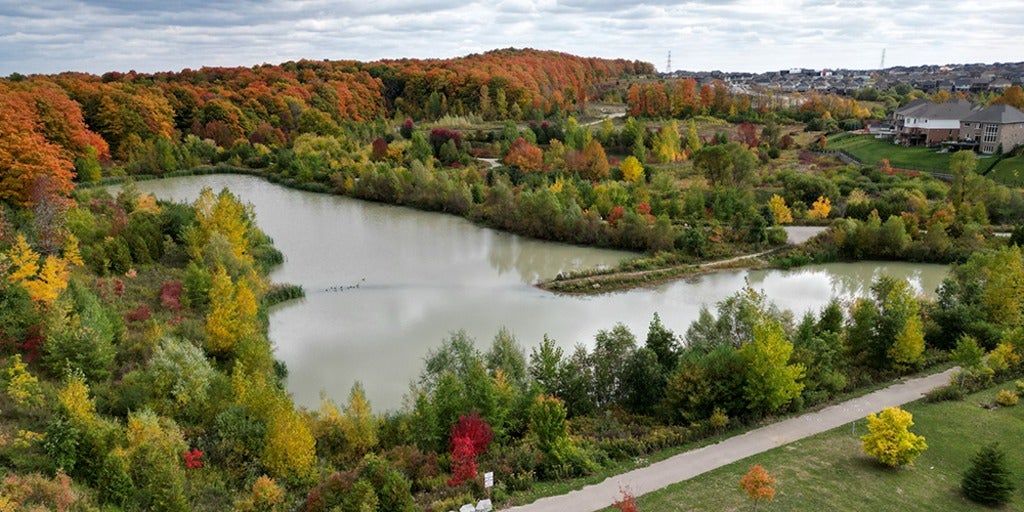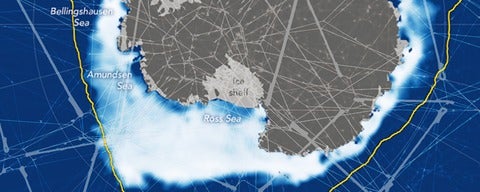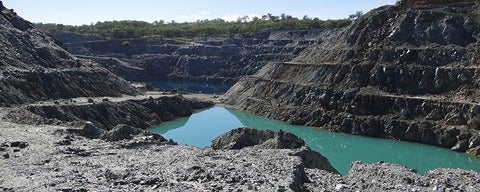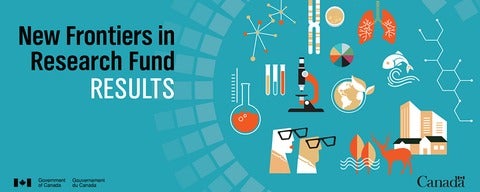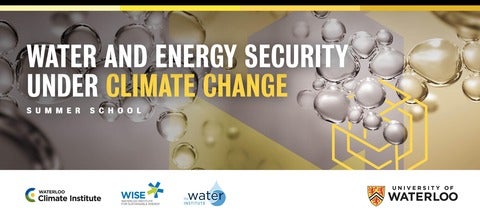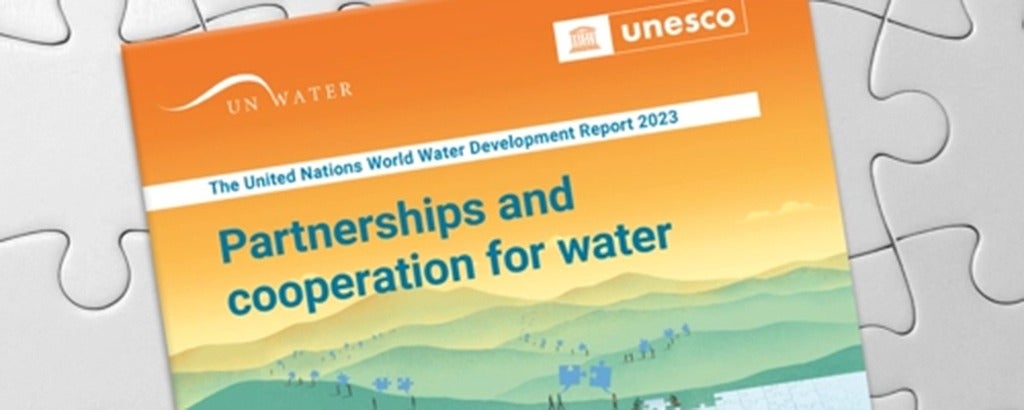Adaptive management of green stormwater infrastructure project receives green light
Congratulations to Water Institute researchers who have been awarded Natural Sciences and Engineering Research Council’s (NSERC) Alliance Missions Grant funding as part of the 2022 competition.
The Ecohydrology Research Group (ERG) recently announced funding of $1,348,540 for a new collaborative research project entitled “Adaptive management of green stormwater infrastructure to reduce greenhouse gas emissions from urban watersheds”, which will span 3 years 2023-2026.
